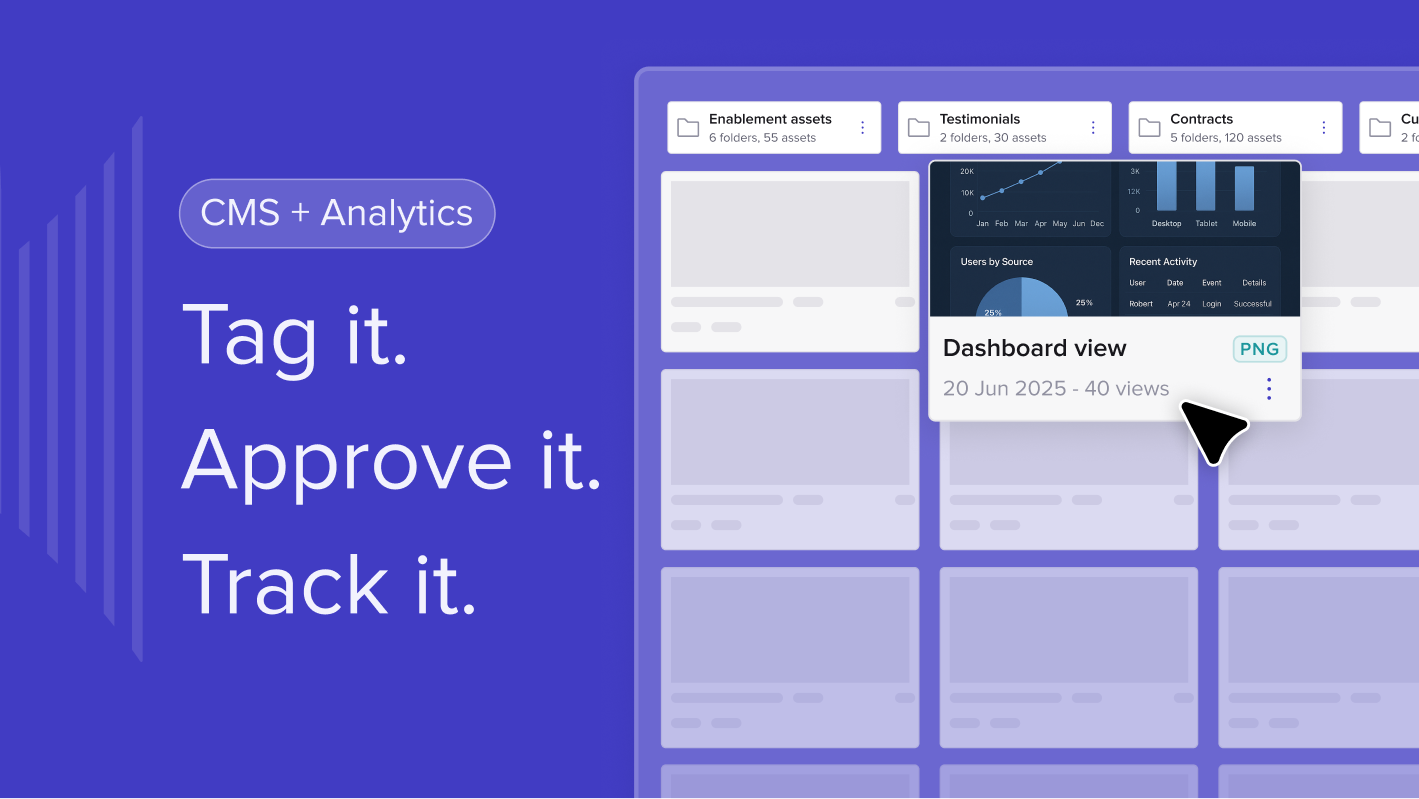When we talk about optimising sales performance, the focus is often on refining internal processes: which CRM stages your deal should be in, what tasks are completed at each step, how to get reps to stick to the playbook.
But in this recent webinar, Rory Sadler (CEO, trumpet) and Ollie Sharpe CRO at trumpet explained why that approach is now outdated-and how the smartest revenue teams are flipping the script.
“The first thing we do as a sales team is write the sales stages. ‘This is what we do at this stage.’ And we don’t think about the person at the other end… the person we’re trying to make it easier for.” – Ollie
The shift to buyer-first thinking
We now live in a buyer’s market. Prospects aren’t just comparing you with competitors—they’re comparing you with every B2C experience they’ve ever had.
Think Amazon-level speed. Netflix-style content curation. Apple Store simplicity.
According to Demand Gen Report, a huge 87% of buyers want vendors to provide relevant information at each stage of their journey. The key word is Relevant.
That doesn’t mean dumping your pitch deck after the first call or sending a 40-page proposal that gets lost in their inbox.
It means guiding the buyer at their pace, with their priorities front and centre.
“It’s about the right information to the right person at the right time. We need to take the buyer on that journey.” – Ollie
What’s going wrong?
Too many teams are still focused on internal pipeline milestones:
- ✅ Discovery
- ✅ Demo
- ✅ Proposal sent
- ❌ Ghosted
The issue is the buyer was never aligned to begin with. They didn’t have the right context. Or the deck didn’t speak to their role. Or they were handed a PDF with no way to digest, share, or ask questions.
A better way forward
Your CRM doesn’t close deals. Your buyer does.
That’s why top teams are switching from sales process-centric to buyer experience-centric models. They’re asking:
- What does my buyer need at this point?
- Who else needs to be involved?
- How can I make it ridiculously easy to engage, share, and progress?
Tools like trumpet help sales teams stay one step ahead, offering Digital Sales Rooms (or Pods) that adapt to every stage of the buying journey, surfacing relevant content when it’s needed most, and giving reps insight into what’s resonating.
Because in 2025, the best buying experience wins.

.svg)
.svg)
.svg)
.svg)
.svg)
.svg)
.svg)
.svg)
.svg)
.png)
.svg)
.svg)
.svg)
.svg)

.svg)
.svg)
%201.svg)
.svg)
%201.svg)



.svg)






















![How to Get Started with Buyer Enablement [With Examples]](https://cdn.prod.website-files.com/65cf4fecbed2754c2236665d/65cf4fecbed2754c22366bdb_65a5af83e742f76e34ce06f3_Customer%2520Onboarding%2520_%2520Everything%2520you%2520need%2520(2).png)
.png)



.png)



.png)









.png)


.png)

.png)
.png)







